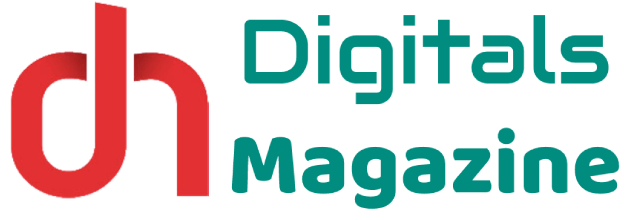The job market landscape is in a constant state of flux, shaped by various economic, technological, and societal factors. Understanding these job market trends is crucial for professionals and job seekers alike to navigate the ever-evolving terrain of employment opportunities.
Remote Work Revolution
The COVID-19 pandemic accelerated the shift towards remote work, transforming the traditional office setup. Companies increasingly embrace remote or hybrid models, offering flexibility and access to a global talent pool. Adaptability to remote work has become a sought-after skill, with virtual collaboration tools gaining prominence. This trend not only enhances work-life balance but also opens doors to employment opportunities irrespective of geographic location.
Tech Dominance in Hiring
Innovation drives the job market, with technology at its forefront. Roles in artificial intelligence, data science, and cybersecurity are in high demand, reflecting the growing reliance on digital infrastructure. Proficiency in programming languages, such as Python and JavaScript, remains a valuable asset across industries. The rapid pace of technological advancements necessitates continuous learning and upskilling to remain competitive in the job market.
Skills Over Degrees
Employers value competence and abilities more than degrees or certificates of schooling. The emergence of boot camps and alternative education platforms highlights the move toward skill-based hiring. Soft talents, which are equally valued and influence recruitment techniques, include communication, problem-solving, and adaptability. Candidates are urged to highlight their real-world experience and prove that they can make a significant contribution to potential employers.
Gig Economy Expansion
The gig economy continues to expand, offering freelancers and independent contractors diverse opportunities. Platforms like Uber, Upwork, and TaskRabbit facilitate flexible work arrangements, catering to individuals seeking autonomy and variety in their careers. However, gig workers face challenges such as job insecurity and lack of benefits. Despite the drawbacks, the gig economy provides avenues for individuals to pursue passion projects, supplement income, or transition between jobs.
Sustainability and Corporate Responsibility
Companies increasingly integrate sustainability and corporate responsibility into their operations, influencing hiring practices. Green jobs, focused on environmental conservation and renewable energy, witness growth. Corporate social responsibility initiatives shape employer branding, appealing to socially conscious candidates. Job seekers with a passion for sustainability can capitalize on these opportunities and contribute to positive environmental impact through their careers.
Diversity, Equity, and Inclusion (DEI)
Organizations prioritize diversity, equity, and inclusion initiatives to foster inclusive work environments. Hiring practices emphasize diversity recruiting, aiming for representation across demographics. DEI efforts extend beyond recruitment to training, leadership development, and fostering inclusive cultures. Employers recognize the value of diverse perspectives and experiences in driving innovation and fostering creativity within teams.
Final Thoughts
Navigating the job market requires a nuanced understanding of prevailing trends and dynamics. Embracing remote work opportunities, honing in-demand skills, and adapting to evolving employer expectations are key strategies for success in today’s competitive landscape. Stay informed, agile, and proactive to thrive amidst the ever-changing job market. Remember, staying ahead in the job market means staying informed and adapting to the trends shaping the employment landscape. By understanding these trends, professionals can position themselves for success in a rapidly evolving job market.
Read Also: What is the Full Form Of MA



